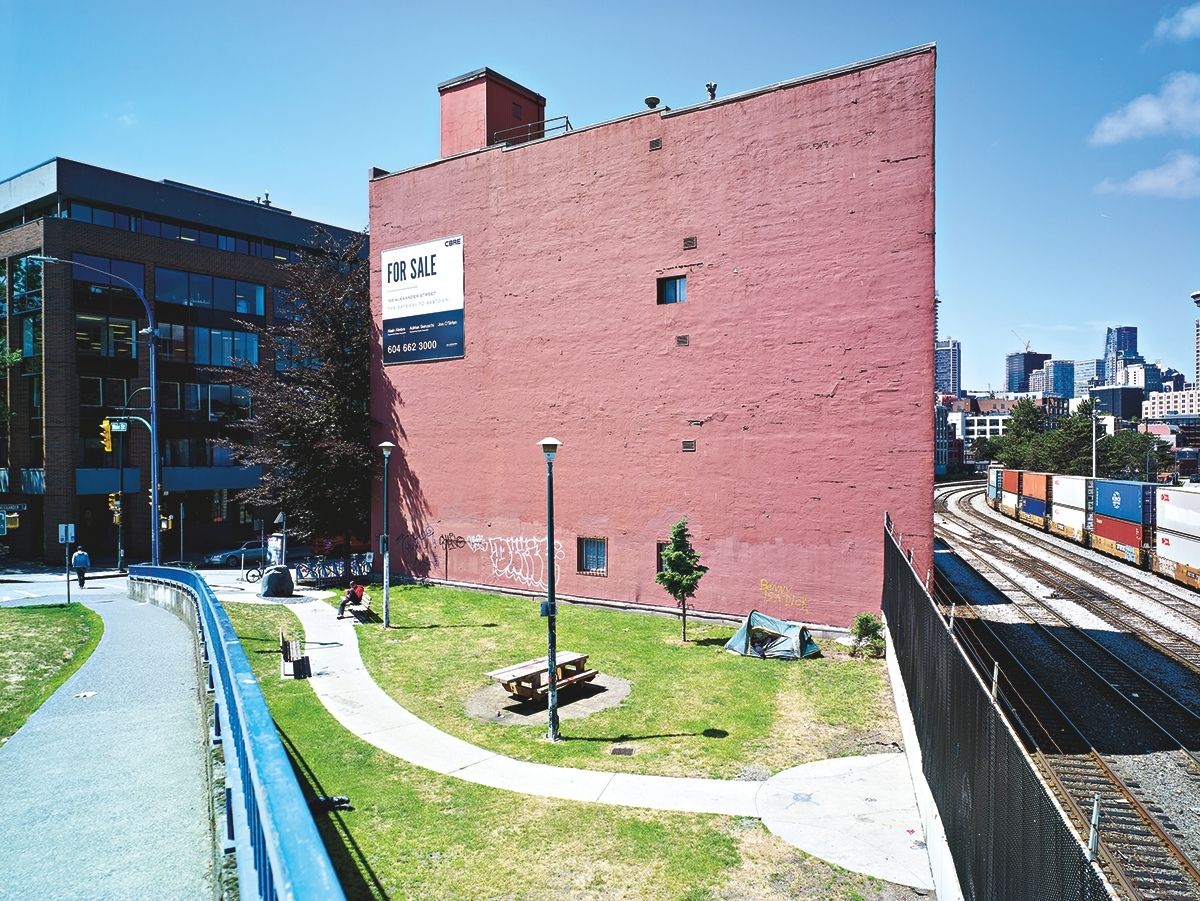
Notes from the Governor General’s Literary Awards
Despite reports and rumours emanating from the nation’s capital over the last year about the Governor General’s reluctance to perform Governor General duties and roles—signing state documents, reading throne speeches, presiding over swearings-in, hosting award ceremonies, etc.—the 2018 Governor General’s Literary Awards, held last November at Rideau Hall, went off without a hitch. The Governor General, Julie Payette, a former astronaut, hosted dressed in a sort of medieval-looking purple and blue corset-type thing with a flower-pattern blouse and chunky leather boots.
Upon arriving at the front entrance of Rideau Hall guests were greeted by guards in tall fur hats and big overcoats. A freezing wind blasted off the river. Inside the guests were squeezed into the ballroom, most of which was cordoned off by thick rope, where hung a massive chandelier of 12,000 crystals, weighing one ton.
Then guests were ushered into the Tent Room—a large party room commissioned by the third Governor General of Canada, the Earl of Dufferin, in the mid-nineteenth century; built in the style of English party tents but indoors on account of the Ontario climate, it once doubled as a tennis court—with walls of wide pink and white stripes, hung with paintings of former Governors General, pale men in military garb. Nearly every male guest at the Governor General’s Literary Awards wore a black suit or tuxedo, save for one of the award winners’ brother, who wore a handsome maroon-coloured jacket, and the winner in the English drama category, who wore a black sleeveless dress. Most of the women wore floor-length gowns: sequins, sparkles, mattes, velvets, silks.
That evening in the Tent Room the Governor General gave out $350,000 in prize money to writers and translators in fourteen categories. The giving-out was preceded by the Governor General’s speech, which verged on the surreal: the Governor General joked about being illiterate and then produced from behind her back a children’s picture book (with images of planets, stars, space, astronaut suits, spaceships) and proclaimed it her favourite book. This is the level of reading I’m used to, announced the Governor General, who is the viceregal representative of the Queen of the United Kingdom and the Commonwealth. The winners of the $350,000 were seated front row during the speech, as was Adrienne Clarkson, a former Governor General, and John Ralston Saul, philosopher and famous viceregal consort.
The emcee, a handsome white-haired Québécois television host with a deep, rich voice conveyed oodles of sincerity as he introduced, then thanked and congratulated each award winner.
Dinner was served in the Long Gallery, hors d’oeuvres-style: tiny morsels of food on tiny plates—smoked fish, ceviche, roast beef, spring rolls, prawns, etc.—laid out on tables, attended to by culinary staff in chef hats and aprons. Red wine and white wine and beer were served; no liquor.
A string quartet set the mood.
The Governor General was by now nowhere to be seen.
Guests were invited to tour the residential quarters of Rideau Hall, comprising sitting rooms and dining rooms, and a library that held a copy of every Governor General’s Literary Award winner, going back to the mid-1930s, when the awards were created by Lord Tweedsmuir in response to a request by the Canadian Authors Association (“Writers helping writers since 1921”) to establish a system of literary prizes. The first fiction winner, in 1936, was Think of the Earth by Bertram Booker, a spectral novel that takes place over three days—set in 1907 in the fictional or extinct town of Poplar Plains in Manitoba—containing the thrilling sentence, “The Canon, leaning close, could just distinguish what he was saying: ‘Money … they’re after money, all of ’em…. Thieves … thousands of ’em … fools! … do you hear? … Since the beginnin’ men ain’t heard, nor perceived by the ear … nor seen by the eyes … what he’s prepared … for them as wait patiently … Patiently…”
Guests were also invited to tour the greenhouse, where the resident greenhouse keeper fielded questions about the sound of crickets present (natural pest control) and about Diefenbaker’s dinosaurs (no explanation given).
At some point tea was served in the Tent Room.
The crowd cleared out by 9:30 p.m.








